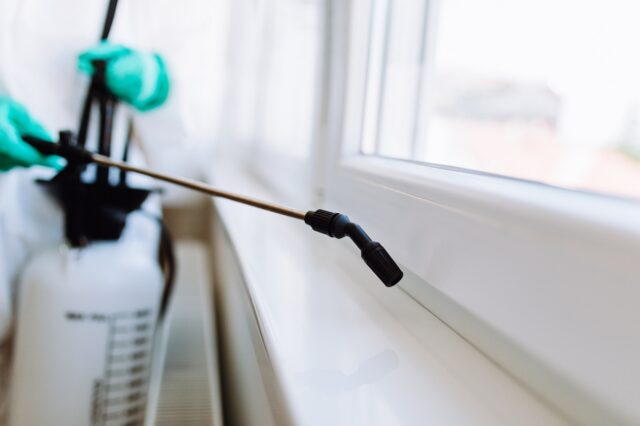Pest problems are never fun, and they always seem to pop up at the most inopportune times. The best way to prevent pests is to be proactive with regular preventive pest control treatments. But how often should these treatments be scheduled? The answer may surprise you. Read on to learn more about how often you should schedule preventive pest control treatments for your home or business.
What is Preventive Pest Control?
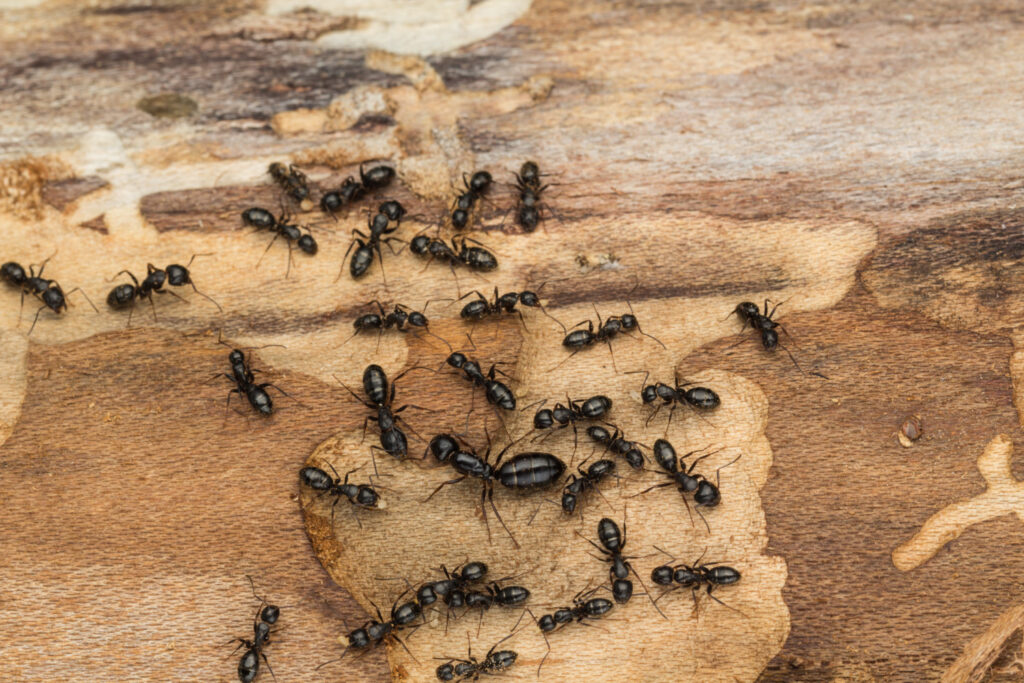
Preventive pest control is a type of pest management that focuses on preventing pests from entering and infesting a structure. This can be done through a variety of means, including exclusion ( sealing entry points), sanitation (removing potential food sources), and population reduction (trapping or eradicating pests).
Preventive pest control is most effective when it is part of an integrated pest management program that includes all three components: exclusion, sanitation, and population reduction.
Why is Preventive Pest Control Important?
Preventive pest control is important for many reasons. It can help to keep your home or office free of pests, and it can also help to prevent the spread of diseases. Pest control can also help to protect your food supply from contamination. Rodent control Bay Area can help you to keep your family safe from the dangers of rodents.
How Often Should You Schedule Preventive Pest Control Treatments?
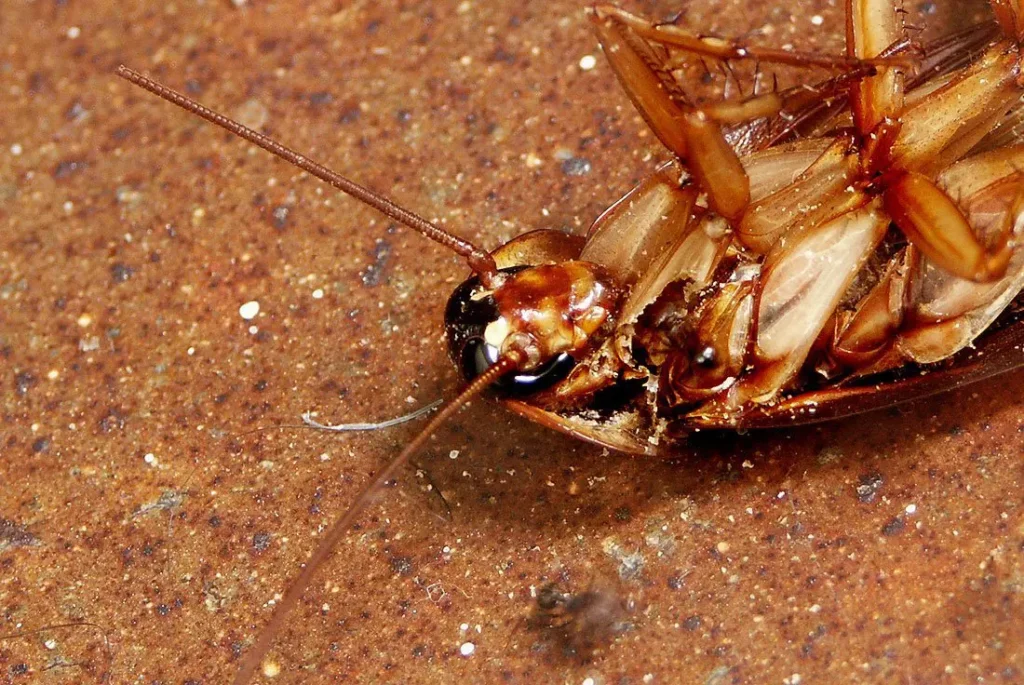
Your home is your castle, so you want to make sure it’s always protected from pests. But how often should you schedule preventive pest control treatments?
The answer may vary depending on the type of pests you’re dealing with and the severity of your infestation. However, most experts recommend scheduling preventive pest control treatments at least once every three months.
If you live in an area that’s especially prone to pests, or if you have a history of severe infestations, you may need to schedule treatments more frequently. Your pest control professional can help you determine the best treatment schedule for your needs.
What are Some Things You Can Do to Prevent Pests?
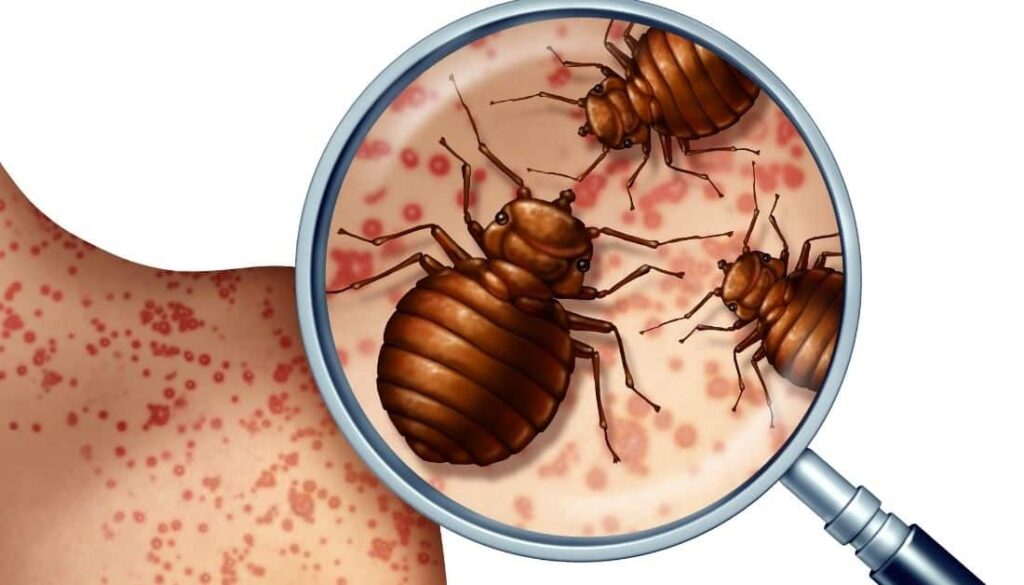
One important thing you can do to prevent pests is to keep your home clean and clutter-free. This will make it harder for pests to find places to hide and breed. You should also regularly inspect your home for signs of pests, such as droppings or tracks, and seal up any cracks or openings that you find.
In addition, you can take steps to deter pests from entering your home in the first place. For example, you can keep food stored in airtight containers and dispose of garbage regularly. You can also trim back any trees or shrubs that touch your home, as these can provide a pathway for pests. Finally, you can use pest-repellent plants around the perimeter of your home.
The Importance of Pest Control
Pest control is important for a variety of reasons. It can help protect your family from diseases, it can keep your food safe from contamination, and it can prevent damage to your home.
– Diseases: Pests can carry diseases that can be harmful to humans. Rodents, for example, can carry hantavirus, which can cause severe respiratory illness. Insects like mosquitoes and ticks can carry diseases like malaria and Lyme disease.
– Food safety: Pests can contaminate food with their waste products or by spreading bacteria and viruses. This can lead to foodborne illnesses, which can be serious or even life-threatening.
– Damage to property: Pests can damage your home by chewing through walls or furniture, or by nesting in insulation or other materials. This damage can be costly to repair and may make your home less energy efficient.
Different Types of Pest Control
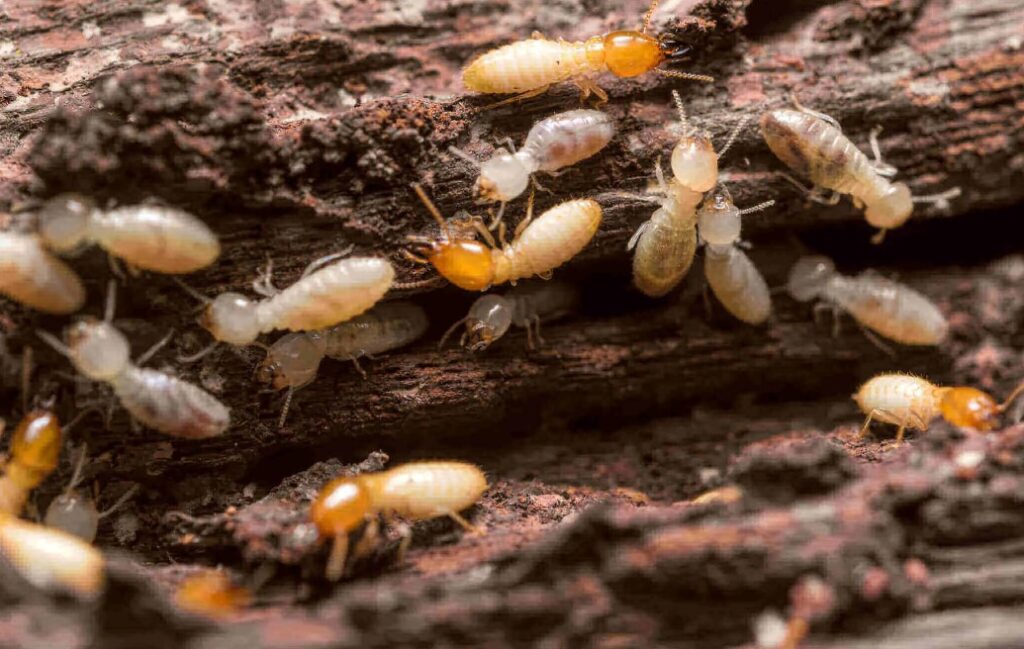
Preventive pest control treatments can be performed using a variety of methods, each with its own advantages and disadvantages. Common pest control methods include chemical pesticides, traps, and physical barriers.
– Chemical pesticides are the most common type of pest control treatment. They work by killing or repelling pests that come into contact with them. Chemical pesticides can be applied as a liquid, powder, or aerosable bait. Although chemical pesticides are effective at controlling pests, they can also be harmful to people and pets if not used properly.
– Traps are another common type of pest control treatment. Traps work by baiting pests into them and then either killing or capturing the pests. Some traps only capture the pests, which must then be released into an area where they will not cause harm. Trapping is most effective when used in conjunction with other pest control methods, such as chemical pesticides.
– Physical barriers are a less common but still effective type of pest control treatment. Physical barriers work by creating a barrier that pests cannot cross. Common physical barrier materials include chicken wire, hardware cloth, and mesh screens. Physical barriers are most effective when used in combination with other pest control methods, such as chemical pesticides and traps.
Things to Consider When Scheduling Preventive Pest Control Treatments
Preventive pest control treatments are an important part of protecting your home from pests. But how often should you schedule these treatments? Here are some things to consider when deciding how often to schedule preventive pest control treatments:
– The type of pests you’re trying to prevent. Some pests, like ants and cockroaches, are more likely to invade your home if they find food or water sources. So, if you have a lot of ants or cockroaches in your area, you may want to schedule preventive pest control treatments more frequently
– The severity of your pest problem. If you have a severe infestation of ants or cockroaches, you’ll want to schedule preventive pest control treatments more often.
– Your budget. Preventive pest control treatments can be expensive, so you’ll want to consider your budget when deciding how often to schedule them.
– Your comfort level. If you’re uncomfortable with the idea of having pesticides in your home, you may want to schedule preventive pest control treatments less often.
Conclusion
Pest control is important for keeping your home or business free of insects, rodents, and other pests. But how often should you schedule preventive pest control treatments? The answer may vary depending on the type of treatment you’re using and the specific pest problem you’re trying to solve. However, in general, most experts recommend scheduling preventive pest control treatments every 1-3 months. By following this advice, you can help keep your property free of pests all year long.

